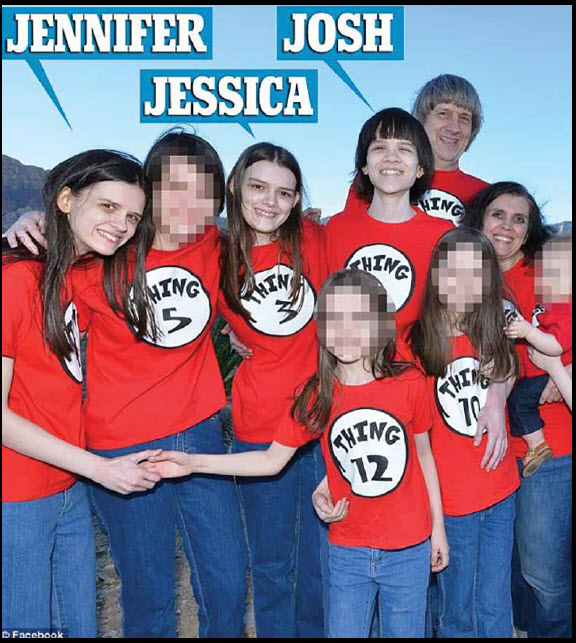Rude Awakening
By: Mae Lewis
Recently, I came across a Facebook post by Taha Muntajibuddin. Taha is about 29 years old and attended Meadowcreek Elementary as a child. He posted about his third grade classmate “Jennifer”:
“She was a frail girl, had pin-straight hair with bangs, and often wore the same purple outfit. She was often made fun of by the other third graders because her clothes would sometimes look as though they had been dragged through mud, which she would also smell like on most days. I distinctly remember my entire third grade class scoffing at her one day because our teacher had asked her to discard a [hair tie she had made from a candy bar wrapper]. After that year, Jennifer moved away, and she was forgotten about….
Several years later, after high school, I found myself thinking about her again. …I remember searching specifically for Jennifer. Her name was so distinct that there couldn’t be any more than a few people who shared the name, yet no matching results came up. I had naturally assumed that Jennifer was one of the lucky few who hadn’t been bit by the social media bug. I also thought somewhere, somehow, Jennifer was probably living her best life. She was going to be that person at the reunion looking completely flawless and making six figures while the rest of us tried to conceal our receding hair lines and minimum wage jobs.
I feel like we all kind of have that hope that those people who were marginalized growing up (sometimes by our own hands) somehow grew past those circumstances, and essentially grew up to kick ass in real life. That’s what I had hoped for Jennifer. That she had used the insults that we hurled at her, the isolation we provided for her, and the ill-looks we gave her and used it as ammunition to forge a successful path in life. I was so sure that was what had happened, but today I was in for a rude awakening….”

“Jennifer” was one of the Turpin family – Jennifer Turpin. One of 13 children who was tortured by her parents, starved, and chained to her bed. She was not allowed to shower more than once a year, or use the bathroom while in her bedroom, so most days, she was forced to sit in her own excrement. It appears that Jennifer is the 29 year old adult dependent who weighed 80 pounds. It appears her one “freedom” was being allowed to attend school (so that the parents could project normalcy for the children). At school, she was bullied, teased, and isolated.
Taha goes on:
“I’ve been reading these articles and seeing these statements and looking at these pictures, and I can’t help but feel an overwhelming sense of guilt and shame. Of course, none of us are responsible for the events that ensued, but you can’t help but feel rotten when the classmate your peers made fun of for “smelling like poop” quite literally had to sit in her own waste because she was chained to her bed. It is nothing but sobering to know that the person who sat across from you at the lunch table went home to squalor and filth while you went home to a warm meal and a bedtime story.”
The story is sobering, and it is a reminder that we never know the story behind anyone’s circumstances. It is a reminder to “be nice.” You might be the only light someone sees in the darkness of their world. Befriend the isolated, befriend the marginalized. Especially in these days of separation and self-isolation, we do not know the demons that people face when they go home. We don’t know the demons that are tormenting the person next to us — haunting reminders of an abusive childhood or past trauma. We can never completely put ourselves in another’s shoes, but a simple act of kindness could give a person hope to fight on another day.
The next time you see someone who is homeless, dirty, or marginalized, ask yourself: “What would have to happen to ME for me to act/dress/be this way?” When you have that answer, you can know that this human being has lived through trauma like THAT. In a different set of life circumstances, you might have been someone’s rude awakening. Broken dreams and broken hearts create broken people. This is a reminder to be a light in someone else’s story… you might be all difference they need.
By: Mae Lewis